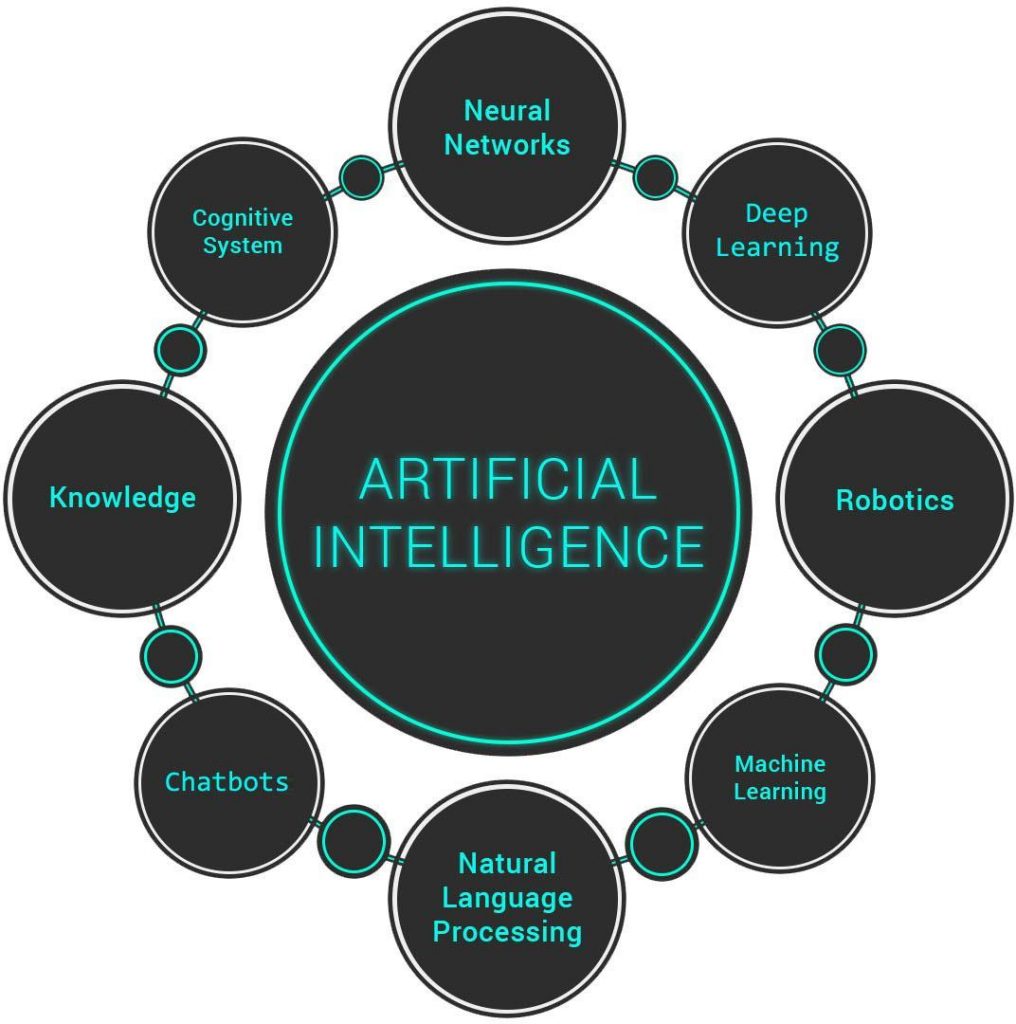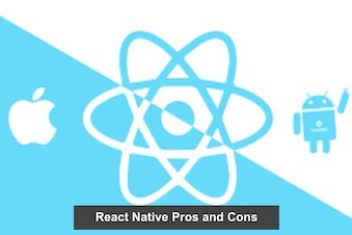By Aleksandrina Vasileva – Thinking about partnering with a healthcare software outsourcing company to develop your new solution? You’ve found your short guide with the top reasons why this is a wise decision and which aspects to consider. We live in exciting times in terms of tech innovations, and the healthcare industry is one of the sectors that need them most. Thanks to the Covid-19 pandemic, global healthcare undergoes accelerated digital transformation, and as a result, many businesses choose outsourcing destinations to cover their rising IT demands. The pandemic also created greater public awareness and openness to digital healthcare.
Working in a bespoke software development company that has successfully partnered with both emerging healthcare businesses and established providers, I see that technology is the secret ingredient for long-term innovation and scalability. Covid-19 unraveled the weak spots in the global healthcare industry but also assured us that the networking opportunities within the healthcare sector are progressing. From remote patient monitoring, smart hospitals, and mobile healthcare apps to electronic health records (EHRs), patient-centered healthcare platforms and wearable devices – healthcare software solutions are now everywhere, making it easier than ever to stay connected and stay healthy.
These advancing technologies lay the foundation for new business opportunities that will reshape the healthcare industry. Below are five reasons why now is a great time to work with a bespoke software development company to address your business needs:

Read: The Cloud and Telehealth Can Coexist Safely
Leveraging Data Analytics
There is a saying that many modern companies are data-rich but analysis poor, meaning that businesses have tons of available data but struggle to make sense of it all. Predictive analytics is an advanced method that uses both new and historical data to predict activity, behavior, and trends. Unleashing the power of statistical analysis tools, analytical queries, and automated Machine Learning algorithms, software developers can create predictive models that generate a data-driven prediction for the occurrence chances of certain scenarios.
Talking about data, let’s also discuss another superpower healthcare software outsourcing companies can equip you with – data mining. With the software’s data mining methods and learning algorithms, complex multimedia relationships in the medical data can be uncovered, which can provide indications of existing or future diseases. This is particularly important for tracking down and identifying rare diseases that only occur with a frequency of less than 5 in 10,000 people. Besides, predictive analytics and data mining will be key for predicting and handling any future health crisis similar to the Covid-19 pandemic, assisting data-driven decision-making.
Read: Business Data Analytics: What You Need to Know
Personalization of Medical Services
In medicine, it is a well-known fact that different patients respond differently to medications and treatment plans. Therefore, the personalized treatment carries greater potential to prevent and treat diseases, offer optimized disease management and prolong patients’ life. Research by McKinsey suggests that personalization of healthcare services can also boost patient engagement, create a much more satisfactory patient experience and reduce medical costs. Nevertheless, healthcare companies still find it very difficult to pinpoint which specific factors will influence the course of treatment more than others.

Here is where Machine Learning (ML) algorithms, which are subsets of Artificial Intelligence, come into play. An experienced healthcare software development company with the necessary problem-solving approach and tech skills can automate complicated statistical work and help providers identify what characteristics indicate a patient is responding to a particular treatment. ML systems learn this by matching data from similar patients and comparing their treatments and outcomes. The resulting predictions are highly personalized and make it easier for physicians to choose the right treatment plan.
Read: Сurrent capabilities of artificial intelligence
Artificial Intelligence as a Major Disrupter
Most healthcare providers don’t know how to use medical data optimally to offer their services at the highest level. Artificial Intelligence helps with this. However, only if it is used efficiently and in compliance with data protection regulations. As one of the most strictly regulated industries in the world, it is important that you partner with a healthcare software outsourcing company that possesses hands-on experience within this business domain. The digitalization wave urges many vendors to offer software development services to support healthcare companies in tailoring their own AI strategy and implementing it successfully.

Still, what are some of the key benefits AI offers to healthcare? For starters, EHRs can be equipped with AI capabilities, making it possible to personalize and optimize treatment processes. Other intelligently designed software applications can support doctors during the diagnostic process. For example, if patients opt for wearables or IoMT (Internet of Medical Things) devices or even download a mHealth app, they can easily track their vitals and spot any abnormalities. Then, the device can securely send the data directly to the healthcare provider so that doctors can decide on treatment options.
Read: How Artificial Intelligence Predicts Trading Market
Digital Supply Chains in Healthcare
Crafting digital supply chains in healthcare is an undeniable trend. At the very beginning of the pandemic crisis, hospitals experienced severe shortages of sanitary equipment due to grounded aircraft and an economy at a standstill. Essential single-use plastic supplies and personal protective equipment have later sparked debate about the sustainability of global healthcare supply chains. More than ever, hospitals now find themselves responsible for better managing their resources – from procurement and storage to waste disposal. Here, digital solutions can play a crucial role in decision-making because moving away from manual documentation and processes, which cost time and resources, means moving towards digital solutions, which will play a central role in process optimization and cost reduction.
Another key value proposition of digital supply chains in healthcare is the greater focus on the patient. Here, healthcare software development companies have also lots to offer in terms of optimizing the way healthcare providers connect better with patients. Once again, based on how companies manage to use data is a decisive factor because it helps create habits that boost individual responsibility, patient engagement and communication. Speaking of effective communication between different market players in healthcare, pharma companies, pharmacies or wholesalers can all benefit from digitally-driven supply chains that support better business relationships.
Read: How Technologies Changed The Healthcare Industry
Enhanced Risk Management
The complexity of medical care in clinics and medical practices is constantly increasing due to the high workload of doctors and employees and technological advances. As a consequence, any unexpected deviation from pursued goals and not meeting general requirements or strict regulations can result in increased risk for healthcare companies. Not to mention that optimized risk management in healthcare also helps companies with cost optimizations.

This is why prevention measures and risk mitigation practices are becoming increasingly important. Healthcare software development companies can help you create a solution to enhance the risk assessment of people with long-term medical conditions. Again, AI or ML-driven tools can be of key importance here as they can handle large datasets, identify historical patterns and generate risk assessments. From a business perspective, the introduction of smart risk management and error reporting software system contributes to increasing the safety of patients and employees and preventing avoidable errors that could sometimes cost millions.
Author Biography
Aleksandrina is a Content Creator at Dreamix, a custom software development company, and is keen on innovative technological solutions with a positive impact on our world. Her teaching background mixed with interest in psychology drives her to share knowledge. She is an avid reader and enthusiastic blogger, always looking for the next inspiration.
If you like the content, we would appreciate your support by buying us a coffee. Thank you so much for your visit and support.



